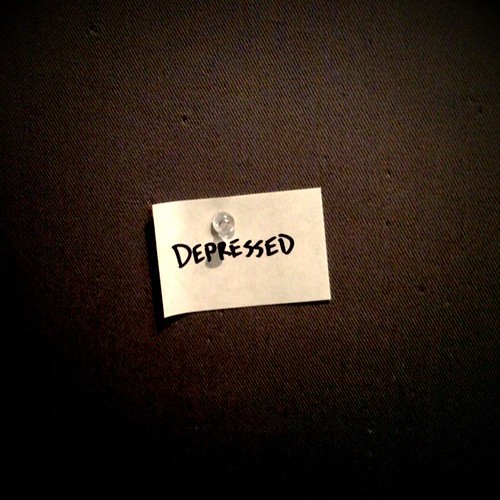Depression, often characterized by persistent sadness and a lack of interest in daily activities, is a serious mental health condition that affects millions of individuals worldwide, including students. While depression manifests differently in each individual, its impact on academic performance can be profound and far-reaching.
Depression and Academic Achievement
For students grappling with depression, the classroom can become a battleground where they confront overwhelming feelings of despair, hopelessness, and worthlessness. As they struggle to cope with the demands of academic life, their ability to concentrate, retain information, and complete assignments may significantly decline. Tasks that once seemed manageable may now appear insurmountable, leading to a decline in academic performance.
One of the hallmark symptoms of depression is a pervasive sense of fatigue and lethargy, making it difficult for students to muster the energy needed to attend classes, participate in discussions, or engage in extracurricular activities. This chronic lack of motivation can lead to absenteeism, tardiness, and a general disengagement from the learning process, ultimately hindering their overall academic progress.
Moreover, depression often undermines cognitive functions such as memory, problem-solving, and decision making, impairing a student’s ability to perform well on exams, quizzes, and assignments. Persistent negative thoughts and feelings of self-doubt may also contribute to a cycle of procrastination and perfectionism, further exacerbating academic difficulties.
Social Isolation and Stigmatization
In addition to its direct impact on academic performance, depression can also precipitate social withdrawal and isolation, robbing students of vital support networks and interpersonal connections. Feelings of judgment may prevent them from seeking help or confiding in others about their struggles, perpetuating a sense of loneliness and alienation.
Furthermore, the pervasive stigma surrounding mental illness can exacerbate feelings of inadequacy and discourage students from seeking the support and accommodations they need to thrive academically. Despite growing awareness and advocacy efforts, misconceptions and stereotypes about depression persist, often leading to discrimination and marginalization within educational settings.
Supporting Depressed Students
Recognizing the detrimental impact of depression on school performance, educators, parents, and mental health professionals must work together to create a supportive and inclusive environment for affected students. This entails implementing proactive measures to identify at-risk individuals, destigmatize mental health issues, and provide accessible resources and interventions.
School-based mental health programs, counseling services, and peer support groups can offer valuable outlets for students to seek assistance, express their emotions, and develop coping strategies for managing depression. Educators can also play a pivotal role in fostering a culture of empathy and understanding by promoting open dialogue about mental health, implementing flexible attendance and assignment policies, and offering academic accommodations when necessary.
Moreover, fostering a sense of belonging and community within the school environment can help mitigate feelings of isolation and promote resilience among depressed students. Encouraging peer support, promoting positive social interactions, and celebrating diversity can create a more inclusive and supportive atmosphere where all students feel valued and accepted.
If you or someone you know is in a crisis, get help immediately. You can call 911 or call or text the 988 Suicide & Crisis Lifeline at 988.
Disaster Distress Helpline: Get Immediate Crisis Counseling and Support | SAMHSA : the Substance Abuse and Mental Health Services Hotline
Veterans Crisis Line: call 988 then press 1; text 838255 or click on Chat to connect with 24/7 support
National Domestic Violence Hotline Hours: 24/7. Languages: English, Spanish and 200+ through interpretation service call: 800-799-7233
.

